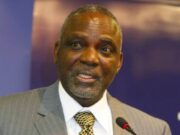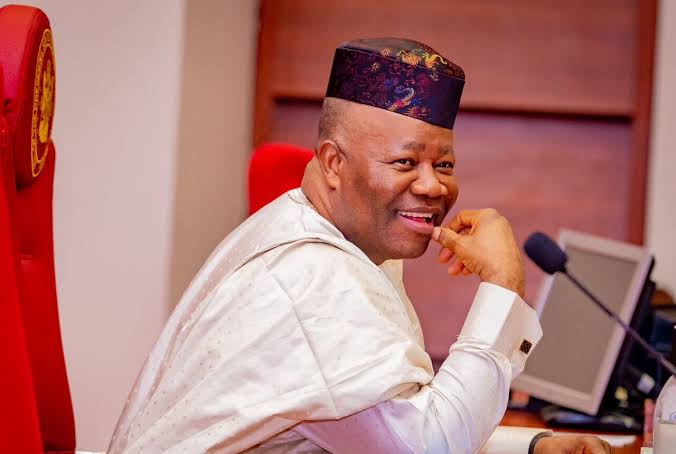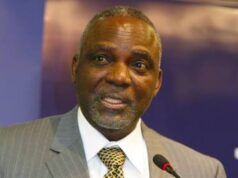Public policy analyst and International Director of Studies at the European Centre for Advanced Professional and International Studies, Lagos, Prof. Anthony Kila, has criticized Senate President Godswill Akpabio for his comments lauding President Bola Tinubu’s decision to reintroduce Nigeria’s old national anthem.
 Advertorial
Advertorial
Kila believes Akpabio’s remarks reflect a lack of understanding of diplomatic etiquette and a tendency to trivialize serious matters.
During a joint session of the National Assembly attended by President Tinubu, Akpabio declared, “Of all the significant things you have done, the most profound is to take us back to our genealogy… that though we may belong to different tribes, though we may have different tongues, in brotherhood we stand.”
 Advertorial
Advertorial
In response, Kila, speaking on Arise TV, described Akpabio’s statement as shallow and disconnected from the realities faced by millions of Nigerians.
He emphasized the need for the Senate President to receive further education on appropriate public discourse, criticizing Akpabio for frequently making misguided remarks.
Kila highlighted that the abrupt change of the national anthem caught many by surprise and questioned the reasoning behind it.

He noted that while symbolic actions like changing anthems can have aesthetic and emotional significance, Nigerians are currently more concerned with pressing issues like job security and rising food prices.
He further critiqued the decision to revert to an anthem written by a foreigner, arguing it contradicted contemporary values and language.
Kila expressed concerns about the practical implications of this change, such as the confusion it might cause at international events.

Reflecting on the government’s first year in office, Kila observed that the primary memory for many Nigerians was the removal of fuel subsidies and the resulting increase in the cost of living.
He urged the government to work more efficiently to meet the high expectations of the electorate, emphasizing the need for tangible improvements in the daily lives of Nigerians.

















